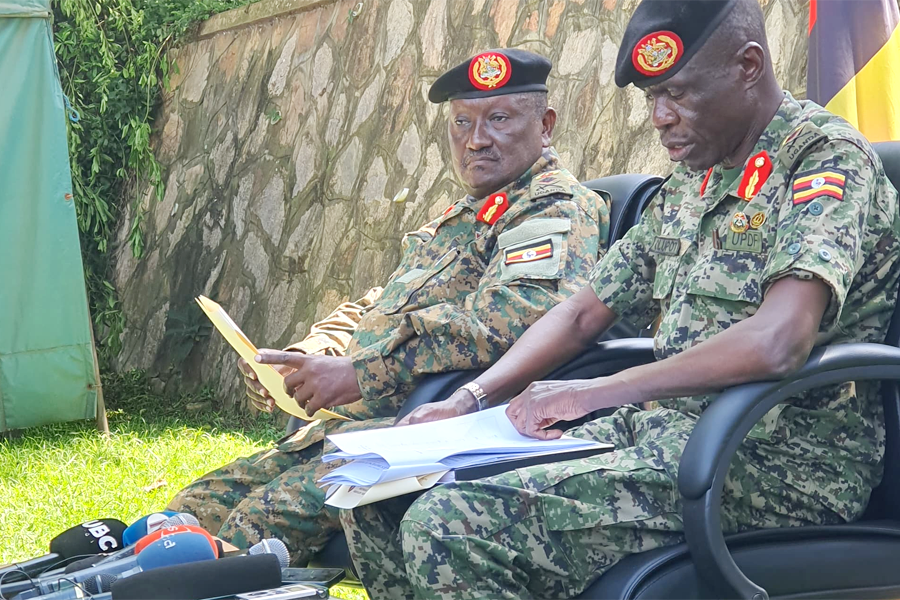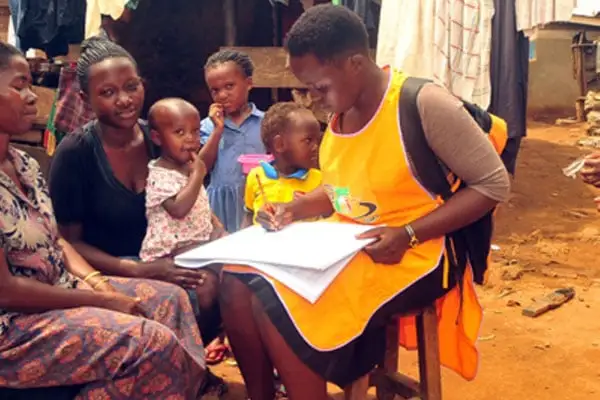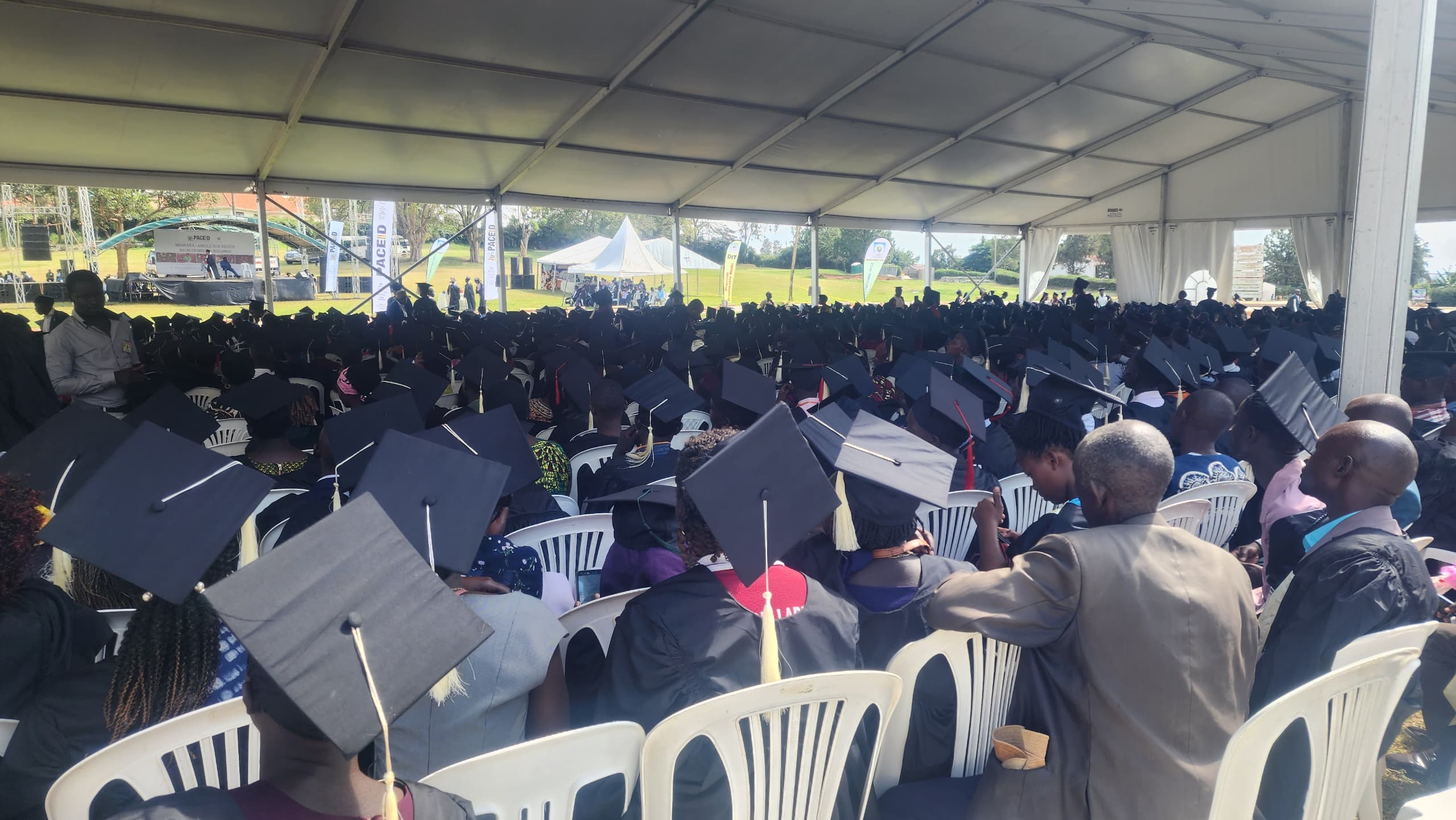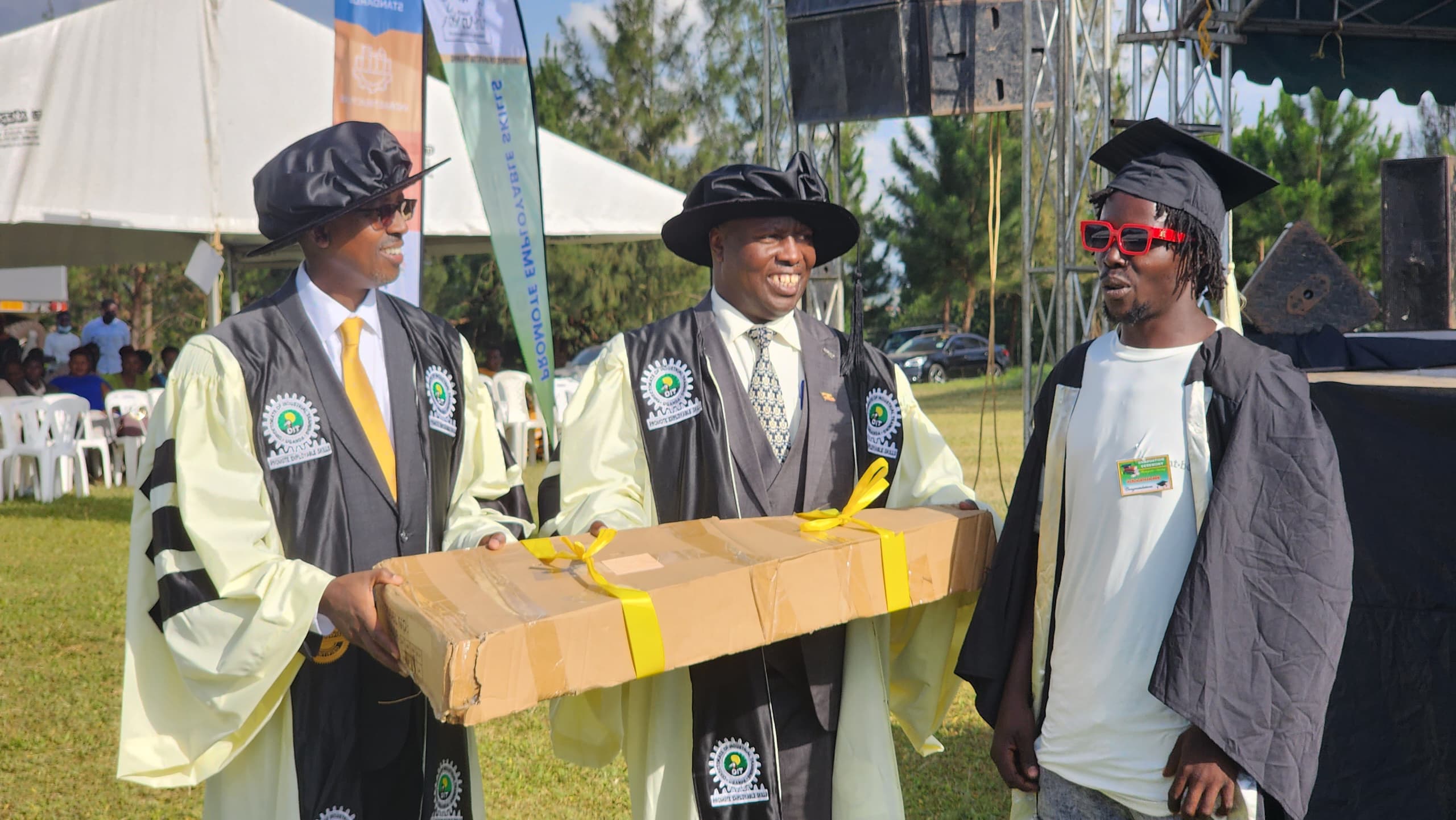Buliisa leaders threaten demo over animal attacks
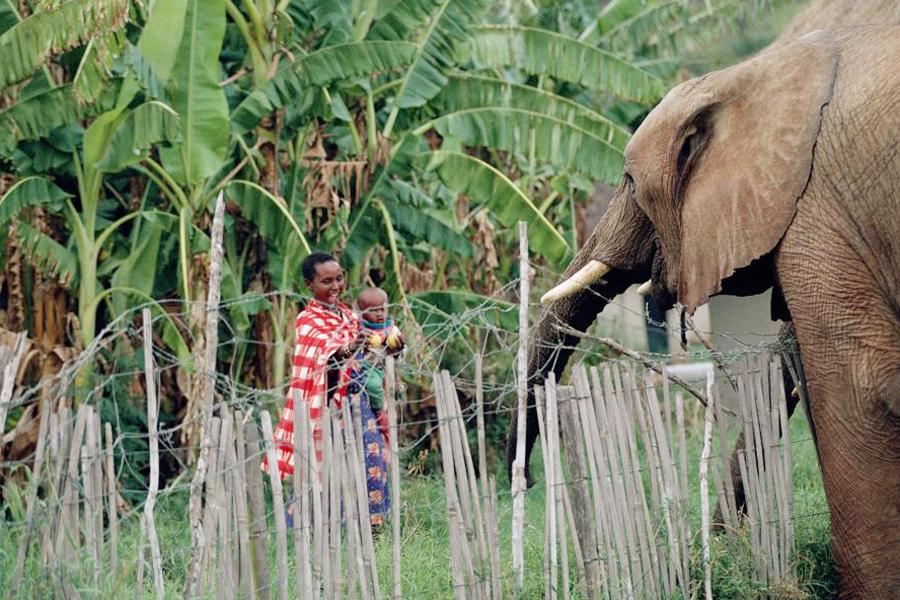
At least five people are said to have been killed by animals in a space of one month.
The human-wildlife conflict in Buliisa is threatening to spill onto placards and the streets after the district leaders said they have had enough of losses to both human life, property and crops.
The leaders, who include legislators, have threatened to rally the population and demonstrate.
They accuse Uganda Wildlife Authority and the government of paying a deaf ear as stray animals continue killing people and destroying their property and farms
At least five people are said to have been killed by wild animals in a space of one month.
It is understood when such tragedies occur, UWA compensates families of the victims with Shs2.5m in condolences.
But the locals say this condolence is not worth lives lost.
The Prime Minister, Ms Robinah Nabbanja, has directed UWA to ensure that the park is fenced and more wardens are employed to keep close watch on the wild animals.
According to district leaders in Buliisa, wild animals started straying into communities in 2021, something some people attribute to the oil exploration activities in the park.
While crossing would have been bearable, the wild animals that cross are very dangerous especially elephants that have claimed a number of people some from the garden, in their homes while children are attacked as they move to school.
"We have complained to UWA, tabled these matters before parliament but nothing has been done, and our people continue dying," Buliisa County MP Alan Atugonza said.
 Danger: Schoolchildren watch on as chimpanzees cross the road | Courtesy
Danger: Schoolchildren watch on as chimpanzees cross the road | Courtesy
"Our plan now is to rally the population in Buliisa to demonstrate, go to Parliament with placards... maybe that's when the government will know how painful it is and how people are living in fear," he added.
Buliisa District Woman MP Norah Bigirwa Nyendwoha accused UWA of acting inconsiderate to the plight of the people by monetising life.
"When it comes to poachers, these wardens will swing into action so fast, but when we call them to attend to stray wild animals, they never respond," she said.
"They wait until lives are lost to send their Shs2.5 million as condolence, who told them our people want this money? People want to live."
The human-wildlife conflict in communities around protected areas has been increasing over the years due to population against the same land space.
Other human activities such road networks, oil exploration and deforestation exacerbate the problem as wild animals are forced to look for food and shelter away from their original habitat.
The district chairman, Mr Fred Lukumu, said the stray animals not only attack and kill people but also destroy farms.
The mayhem from the stray animals, he said, is causing a lot of fear and confusion among the locals living near protected areas.
"Remember the other alternative would have been fishing, but there are a lot of restrictions on the lakes, meaning all the livelihoods have been affected," Lukumu said.
"So then what next for our people? Will government give food to our people?"
MP Atugonza also lashed at authorities for slow pace in compensation for victims of wildlife attacks, saying the people have gone five years without getting any support from government.
"When you report, they will ask you to get LC 1 report, UWA report, police report, the property lost and so on," he said.
"It's probably intentional so that people don't get help, if you don't want [to pay compensation for] all these, just keep your animals well, people will not bother you."
While commissioning the Butiaba Health Centre III in Buliisa, PM Nabbanja noted the concerns, saying the government was also "tired of hearing of lives lost".
"It's good I moved with a director from UWA, please UWA come and answer, I'm tired of hearing [of] lives lost and carrying your [UWA] cross on the floor of Parliament, so promise what you are going to do to address these challenges," Nabbanja said.
Mr Fred Kiiza, the UWA chief warden Ms Nabbanja was addressing, said efforts are on to have the park fenced, and recruitment of more wardens will also be prioritised.
"Prime Minister, we are not seated, we are going to recruit more staff, but also plans are on to fence the park but we are challenged by funding deficit," Kiiza said.
But Nabbanja was not having any of it. She asked Kiiza to "stop the excuses" and ensure the park is fenced within a month and the people compensated.
According to UWA, compensation for wildlife carnage is limited to Shs20 million.
Tough law
 A kob flee to the wilderness in Ajai reserve after a successful translocation from Kabwoya wildlife reserve
A kob flee to the wilderness in Ajai reserve after a successful translocation from Kabwoya wildlife reserve
One of the most pressing manifestations of human-wildlife conflict in Uganda is crop raiding, where elephants, buffalo, and other herbivores damage or destroy crops, leading to significant economic losses for farmers and exacerbating food insecurity in rural communities.
Due to the conflicts, humans often end up killing wildlife with traps and poisoning being noticeable over the last few years.
But perhaps the most shocking case was in April 2018 at Humukungu Village bordering Queen Elizabeth National Park where 11 lions were poisoned.
Wildlife remains an integral part of the economy with tourism raking in $1 billion (about Shs3.8 trillion) for the year ending 2023, from about $687.2 million registered in 2022.
As part of efforts to protect wildlife not only from poachers but also communities around protected areas, the government in 2019 passed stringent penalties in the Wildlife Act.
Killing wildlife species classified as extinct in the wild or critically endangered attracts the highest penalty; fine of Shs20 billion or life imprisonment, or both.
Critically endangered species include roan antelope, lion, hunting dog, spotted and stripped hyena, greater and lesser kudu, Ssese Island Sitatunga, cheetah, African elephant, and Delany's mouse.
Endangered species are impala, Rwenzori duiker, Rothschild's giraffe, mountain gorilla and the chimpanzee.
The Act also gives court powers to fine a first-time offender Shs7 million or to a term of imprisonment, not exceeding 10 years, or both provided they cannot prove that they had reported to UWA a disturbance by wildlife prior to their action.
Second time or subsequent offenders are required to pay a fine of Shs10 million or serve a maximum jail term of 20 years, or both.
The punishment for use of weapons, traps, explosives is Shs100 million fine or 10 years imprisonment, or both.
This also applies to persons who unlawfully prepare land for cultivation, mining or those who take, destroy, damage or deface any object of
geomorphological, archaeological, historical, cultural or scientific.








